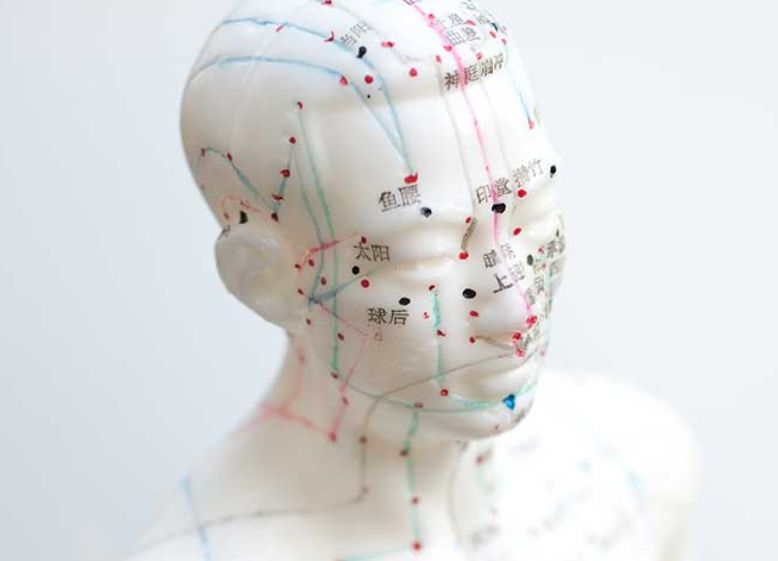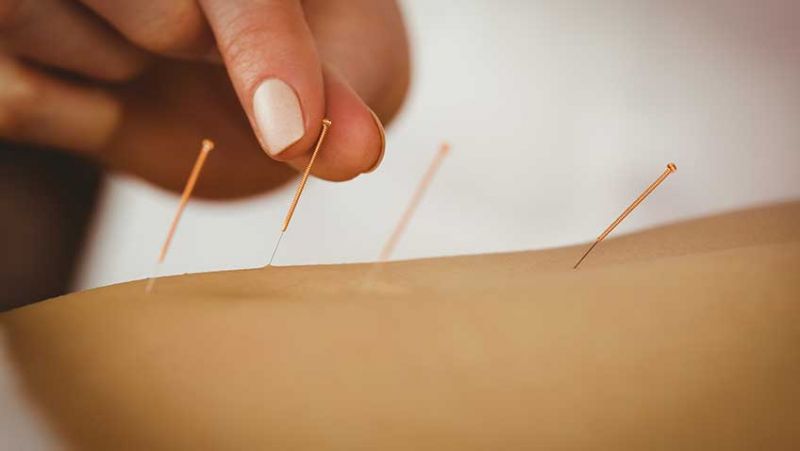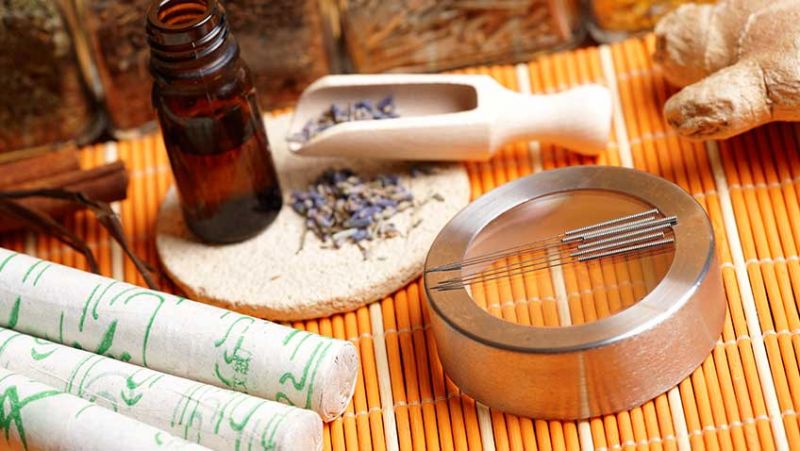
Weidung Lu is principal investigator at the top US cancer hospital Dana-Farber Cancer Institute in Boston, Massachusetts and Instructor in Medicine at Harvard Medical School. He recently took part in the 21st Acupuncture Research Resource Centre conference in London in March where he highlighted the effectiveness of acupuncture for chronic paint in oncology patients. The main focus of his keynote speech was addressing this new and emerging field of research called “oncology acupuncture” and the main aim towards helping cancer patients with pain relief and symptom management from active treatment phase to end-of-life care.
Since Lu established the Oncology Acupuncture Specialty at the Dana-Faber Cancer Institute in Boston in 2000, the main focus of his work and more than 60 academic papers is the role of acupuncture for managing pain and cancer symptoms through this alternative curing method. For his work, he says: “I will describe the practice model of Oncology Acupuncture at the DFCI, review evidence from randomised clinical trials (RCTs) and discuss future directions of oncology acupuncture research and practice in cancer care.” In recent years, the number of published RCTs and systematic reviews on cancer-related pain is getting larger and larger. An overview of the work published between 2005 and 2017 finds out good evidence that acupuncture has a similar effect to analgesic drugs and it gives an extra benefit when used in addition to the standard conservative method with medication.
Secondary pain in the result of conventional cancer treatment also occurs as a problem. The researcher addresses the side effects of cancer treatments such as the joint pain associated with aromatase inhibitor medications administrated for breast cancer patients and survivors. According to recent systematic reviews from 2017, the role of acupuncture for pain relief in such cases is still a conflicting topic in the field of research and medicine. However, a new and higher quality RCT has produced positive results for acupuncture when compared to sham control or to a waiting list control.
Acupuncture is well-known in the medical field as an effective pain management treatment in many different situations and for many different patients, mainly for the relief and primary and secondary care of headache and musculoskeletal conditions. At a very preliminary level, there is also some promising evidence in respect of chemotherapy-induced peripheral nerve pain.
In order to support these evidence, the president of the Italian Federation of Acupuncture Societies, Dr. Carlo Maria Giovanadi takes part in the discussion along Dr. Lu with the presentation of data from his latest study that stresses out the effectiveness of acupuncture for chemotherapy-induced peripheral neuropathy. According to him: “Taxane-based CIPN is a frequent side effect, observed in 15-60% of breast cancer patients. It can provide severe neurological deficits and neuropathic pain and it is a potential reason for interrupting or reducing the dose of chemotherapy. Specific and effective treatments are lacking. Although our study was very small, the results show that acupuncture can significantly improve the subjective perception of pain and seems also to have an impact on reducing CIPN-related symptoms.”
He is hoping for further research and studies to confirm the results he has achieved to find evidence for.



